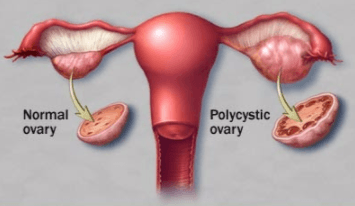Polycystic Ovarian Syndrome (PCOS)
Polycystic Ovarian Syndrome (PCOS) is linked to a disorder of your endocrine system (hormone system). PCOS presents with gynaecological symptoms including irregular periods, acne, hirsuitism and enlarged ‘polycystic’ ovaries.
Causes and Symptoms
The symptoms of PCOS vary from person to person and the nature and severity of the condition. Some of the symptoms of PCOS include infertility, absent or irregular menstrual cycle and obesity or accumulation of fat, usually around the waist. Abnormal facial and body hair, adult acne and male pattern of baldness or hair thinning may also develop due to excessive androgen secretion. In some patients black or dark brown patches are seen around the skin of the neck, arm, breasts or thighs. Patient may often experience anxiety or depression and breathlessness during sleep.

Treatment of PCOS
Understanding women's health, or questions and issues in regards to your menstrual cycle, is absolutely critical for a specialist gynaecologist and the treatment of PCOS. I also believe it is critical that as women we get more comfortable discussing these women's health topics, among ourselves, with our loved ones, or with a specialist doctor. Part of my role is to create a nurturing and safe environment where it is okay to talk about your period, or women's health in general.
Infertility associated with PCOS is best managed by a fertility specialist with experience in PCOS. The first line management is lifestyle - diet, exercise and weight control. Secondly, treatment may involve ovulation-inducing drugs.
In some patients, your fertility specialist will add in metformin, a diabetes drug, to improve the chances of ovulation and pregnancy. Surgery may be recommended in patients who do not respond to medications. Laparoscopic ovarian drilling, an outpatient surgical procedure, may be used to treat the condition and induce ovulation.
Oral contraceptives may be prescribed for the management of irregular menstrual cycles. Oral contraceptives effectively reduce the level of male hormone and are also effective in reducing the excessive body hair growth and also minimise the risks of uterine cancer. Lifestyle modifications and anti-diabetic medications may be prescribed for the management or prevention of obesity and diabetes mellitus.
Associated Risks of PCOS
Patients with polycystic ovarian syndrome may frequently develop other serious medical conditions such as diabetes mellitus, cardiovascular diseases, pregnancy induced high blood pressure, miscarriage or premature delivery. These patients are also at risk of uterine cancer, anxiety or depression.
Because PCOS affects a woman throughout her life, long term management with a doctor who specialises in this syndrome is suggested.
Comprehensive fertility treatment is planned and coordinated with Monash IVF West Leederville, one of WA’s leading fertility centres.
Call us to make an appointment: 1800 628 533
Useful links
- Want to know about weight gain and PCOS? Read my blog post or watch the video.
- PCOS and IVF: Can you get pregnant when you have PCOS?
Dr Hunter

Request an appointment
My Practice

Dr Tamara Hunters consults at The Woom
43 Richardson St
WEST PERTH WA 6005
Call: 08 9388 7780

